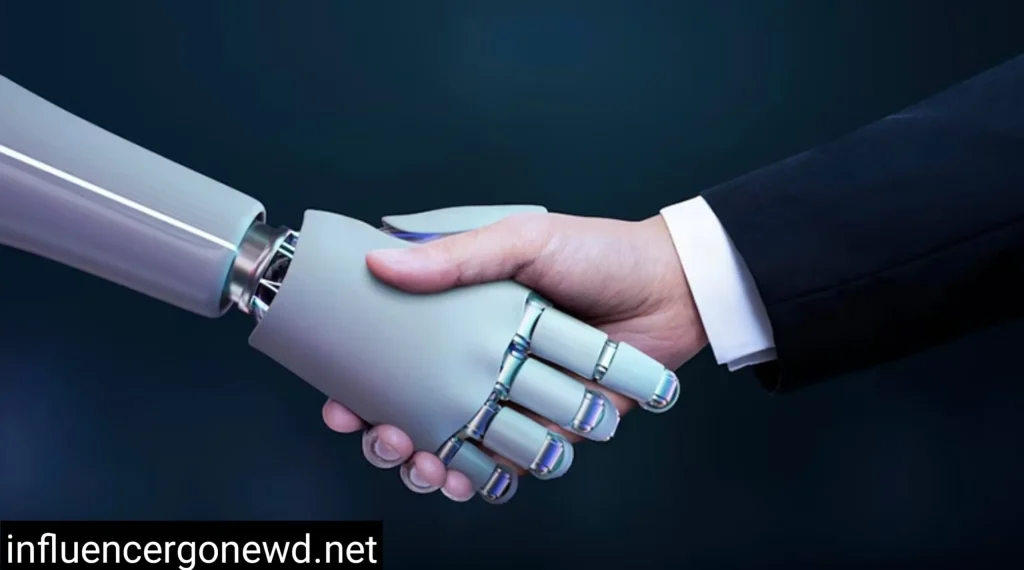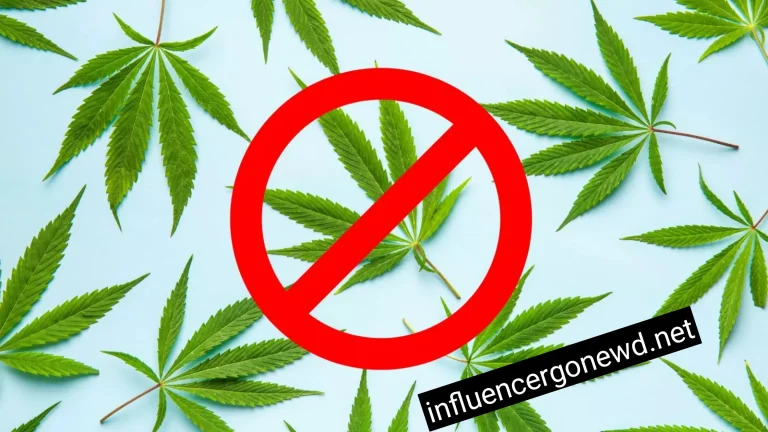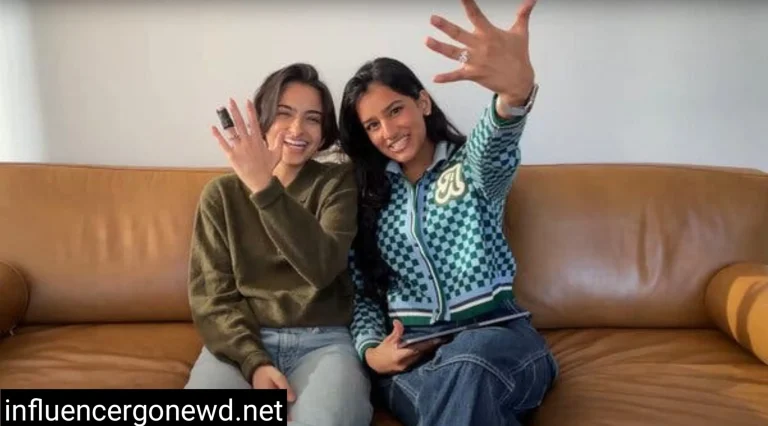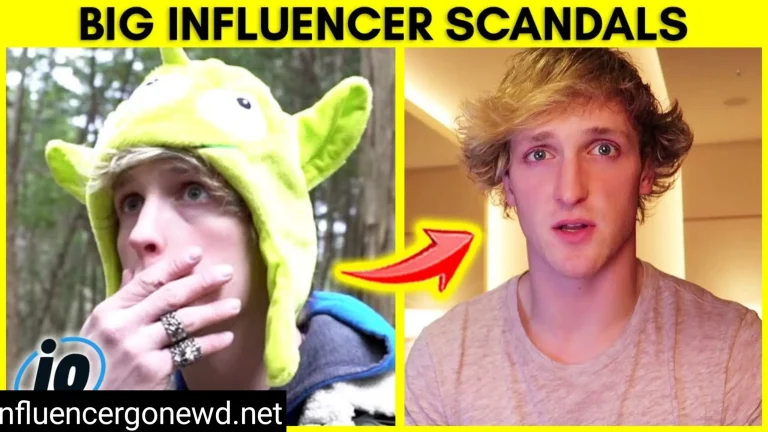AI Faked Relationships: Influencers’ Deceptive Tactics Exposed
AI Faked Relationships has changed social media as it allows influencers to use hyper-realistic content and personas. Although AI provides creative opportunities, it has also contributed to fraudulent activities, and some influencers have adopted AI to create false romantic relationships to gain popularity, attention, and money. Deepfake videos to artificial intelligence-created personas, these simulated relationships are deceiving fans, manipulating emotions, and creating ethical issues.
The article will discuss some of the most prominent examples of AI Faked Relationships influencers who were caught simulating relationships with AI and the strategies that they use, and the overall impact on trust in the influencer market.
The Emergence of AI in the Influencer Culture
Deepfakes, voice cloning, and generative AI are examples of AI technologies that have given influencers an easier time creating convincing illusions. These tools enable creators to create a virtual reality of realistic interactions, including romantic scenarios, without involving real people. The temptation to fake the relationship is in the possibility to increase the activity: romantic drama, stories about breakups, or so-called couple goals content can become viral, receiving views and sponsorships.

But when fans find out that such relationships are AI-driven and fake, it destroys the trust and shows the ethical dangers of influencer culture.
Examples of AI Faked Relationships
1. The AI Voice Cloning Scandal by Mia Dio
In August 2023, beauty and lifestyle TikTok influencer Mia Dio was caught out using AI to replicate the voice of her boyfriend to expose his infidelity. Dio developed an AI voice of her boyfriend and communicated with his friends using the voice, which exposed that he was cheating. The stunt, which had been shared to get views, became controversial when fans understood that the AI manipulation broke privacy and trust. Such comments on X as This is a new low for clout or How dare you use AI to fake a relationship drama expressed the public shock at the manipulative ways in which the AI was used to create a relationship drama.
2. The AI Couple Vlog Trend
In June 2025, X user @TheWalid pointed to a new tendency of influencers creating completely fake AI couples to vlog. These computer-generated characters, with false backstories of how they met or started fake clothing lines, were intended to be reality TV drama. The posts contained scripted breakups and reconciliations to entertain viewers. Although fans considered the content enjoyable, as they were aware of it being fake, others were disappointed when influencers did not reveal the AI-driven character of the relationships, which brought up the issue of transparency.
3. The Controversy of Caryn Marjorie AI Chatbot
Snapchat star Caryn Marjorie (1.8 million) created an AI chatbot in 2023 and cloned her image to create the illusion of having an intimate chat with fans. Advertised as a means of creating genuine relationships, the chatbot participated in flirtatious and romantic conversations, and some of the fans thought they were dating Marjorie. Fans reacted negatively after learning that the communications were computer-generated, with one X user writing, Paying to flirt with a bot thinking it was her is wild. The backlash raised the morality of using AI to replicate emotional connections as a way to make money.
4. Instagram Deepfake Romance Scams
In 2024, a woman in McKinney, Texas, was a victim of an Instagram influencer who impersonated a German cardiologist. The scammer created an artificial intelligence-generated image and deepfake videos to create a months-long romantic affair and ultimately fleece her out of 3,200 dollars. The unidentified victim said, CBS News, it was not the money. It is a shame.” This case was one of the many cases of the romance scam perpetrated by AI that cost Americans 1.3 billion dollars in 2024 and revealed the potential of influencers to use AI in order to deceive vulnerable followers into thinking that they are in a fake relationship.
5. Fictional Romance Story of Lil Miquela
Since 2016, Lil Miquela has been an AI-generated influencer with 2.6 million Instagram followers, a pioneer in virtual content. Miquela was created by Brud, and her posts contain fictional romantic plotlines, like dating human influencers, to make her audience interested. Although Miquela is overtly artificial, some fans have developed emotional connections with her hyper-realistic interactions, which makes them confuse the boundaries between reality and fiction. Critics believe that this sort of material, particularly when not well labeled, can mislead younger viewers into thinking that online relationships are real.
Techniques of Simulating Relationships
There are several ways through which influencers use AI Faked Relationships:
Deepfake Technology: Scammers and influencers can use such tools as DeepFaceLab to generate lifelike images or videos of fake partners, as in the case of McKinney.
Voice Cloning: AI can clone voices to create a simulation of dialogues between people, as was the case with Mia Dio, where the influencers can recreate dramatic scenes.
Generative AI Chatbots: Platforms such as Creatify AI allow influencers to make virtual avatars that can have a romantic conversation, imitating a real-life relationship.
Scripted Storylines: Influencers create elaborate scripts, such as false breakups or proposals, with AI-generated content to increase engagement, as @TheWalid mentions.
Social Media Manipulation: Influencers increase the perceived popularity of their AI-generated romantic content by purchasing fake followers or using bots, which makes it appear more plausible.
Legal and Ethical Implications
Generation of fake relationships through AI is an issue of great concern:
Deception and Trust: Material Omission: The omission of AI Faked Relationships content is not disclosed, which is against the FTC guidelines that require transparency in advertising. This may destroy the confidence of fans, like in the case of the Marjorie chatbot scandal.
Emotional Manipulation: Fake relationships use the emotions of the fans, especially those who are vulnerable, such as lonely people, and this results in psychological abuse.
Legal Risks: There is a risk of being accused of fraud or identity theft as a result of Deepfake scams, as in the Instagram cardiologist case. The legal implications of using romance scams to commit fraud were demonstrated in 2021 when 35 individuals in North Texas were indicted.
Influence on Authenticity: With the AI influencers such as Lil Miquela confusing the boundaries between real and AI Faked Relationships, fans are likely to lose their ability to distinguish between a real and fake post, which damages the credibility of the influencer industry.
Defending Yourself Against AI-Based Deception
To prevent being a victim of false relationship materials, fans are advised to:
Seek Disclosures: Be on the lookout for disclosures such as the word synthetic or AI Faked Relationships on posts, as demanded by specific platforms such as Meta.
Do not believe in Perfection: Hyper-realistic or overly dramatic relations can be a sign of AI usage. Look out for discrepancies in the videos, such as random eye movements.
Avoid Financial Obligation: Do not send someone you have not met in person any money, in online relationships.
Report Untrustworthy Content: Report deceptive posts to the platforms or the FTC to warn others about them.
Conclusion
AI Faked Relationships are indicative of the lengths to which some influencers will go to gain views and make money, including Mia Dio voice cloning and Lil Miquela fictional relationships. Although these tricks can be used to increase engagement, it can end up costing the fans their trust and face legal challenges.
With the development of AI technology, transparency and accountability play an important role in ensuring authenticity within the influencer industry. Viewers need to be wary, doubting unrealistic stories and insisting on the mention of specifics. With a culture of honesty, the industry will be in a position to strike a balance between innovation and integrity, where relationships, whether real or virtual, will be based on trust and not deceit.





